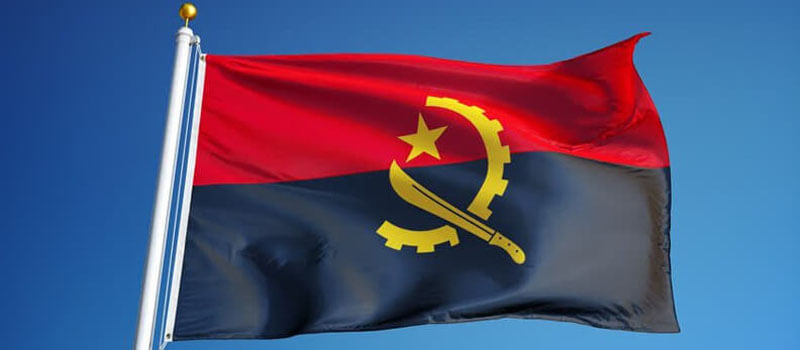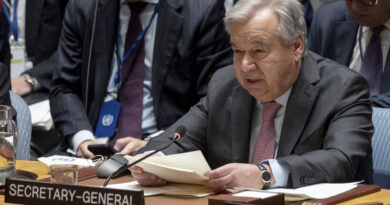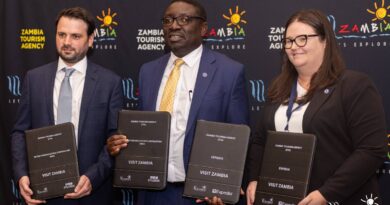Angola Paves the Way for Economic Diversification Using Oil Wealth and Agriculture
Angola, known for its immense oil wealth, is taking significant steps towards promoting economic diversification and fostering agricultural development. In a bid to accelerate economic diversification, attract private investment, and foster local content development, Angola is creating a conducive business environment for micro, small, and medium-sized enterprises to contribute to the country’s transformation into a private sector-led model that is inclusive and climate-resilient.
A report by Energy Capital & Power highlights that Angola’s oil and gas products constitute over 90% of the nation’s exports, contributing up to $39.94 billion in revenue in 2022. With this significant revenue from the oil and gas sector, Angola sees a golden opportunity to drive growth and diversify its economy.
Angola’s Minister of Finance, Vera Daves de Sousa, asserts that the oil sector will play a crucial role in driving improvements in agriculture, fisheries, and industry. The nation’s agriculture sector already accounted for approximately 9.5% of its GDP and employed nearly half of the population in 2021. Boasting a diverse and fertile ecology, Angola holds the potential to become a leading agricultural producer in Africa.
The country’s arable land is suitable for a variety of crops and livestock, including cassava, bananas, potatoes, corn, sweet potatoes, citrus, and pineapples. However, Angola currently cultivates just 10% of its 350,000km2 of arable land, with around 88% of its farms classified as small to medium in size and mainly used for subsistence farming.
Climate change has highlighted the urgency for Angola to adapt its agricultural sector to enhance resilience. The Angola Commercial Agriculture Project, co-financed by the World Bank and the French Development Agency, aims to mobilize up to $230 million to increase agricultural productivity and market access for commercial farms in the country. As of 2023, the project has already led to the approval of 25 business plans totaling $7.7 million and issued 16 partial credit guarantees for the agricultural sector, resulting in over $1 million in local investment.
The World Bank’s approval of the $300 million Smallholder Agricultural Transformation Project in 2022 further strengthens Angola’s efforts to transition to climate-resilient farming. This project seeks to increase agricultural production while supporting smallholder farmers in adopting climate-smart agricultural techniques and bolstering water resource management.
Collectively, these initiatives are set to enhance resilience, food security, and overall nutrition while reducing the sector’s environmental impact and Angola’s dependence on imports. The country presently imports approximately 150,000 tons of wheat flour annually. To address this, the Angola Credit Support Program has allocated $20 million in financing to Angolan processing company Induve, facilitating the construction of a wheat mill capable of processing an average of 255,000 metric tons of wheat per year.
Rapid urbanization, improved infrastructure, and an increasing availability of imported products are transforming Angola’s agricultural landscape into an attractive market for international investors. The country’s political stability, abundant hydrocarbon and mineral wealth, and access to large and populous markets are strategic elements fueling this transformation.
With Angola on the verge of industrial and socioeconomic change, the Angola Oil & Gas 2023 conference and exhibition, organized by Energy Capital & Power, promises to usher in a new wave of international investment and ambitious development opportunities. Scheduled for 13-14 September 2023 in Luanda, the event will bring together African energy and petroleum ministers, global investors, and energy leaders for panel discussions, exhibitions, and deal-signing opportunities, accelerating the growth of Angola’s multi-faceted energy industry, as highlighted by Energy Capital & Power.



